Kingdom Lined Ball Valves are crucial for industrial fluid systems, offering exceptional corrosion resistance and precise flow control. These valves incorporate a spherical ball with a bore, encased in a lining of specialised materials like PTFE or corrosion-resistant polymers, shielding internal components from corrosive substances. They are extensively used in industries such as chemical processing, petrochemicals, pharmaceuticals, and wastewater treatment for managing aggressive chemicals and abrasive slurries. Their robust construction and reliability make them ideal for critical processes, ensuring seamless operation and prolonged service life.
